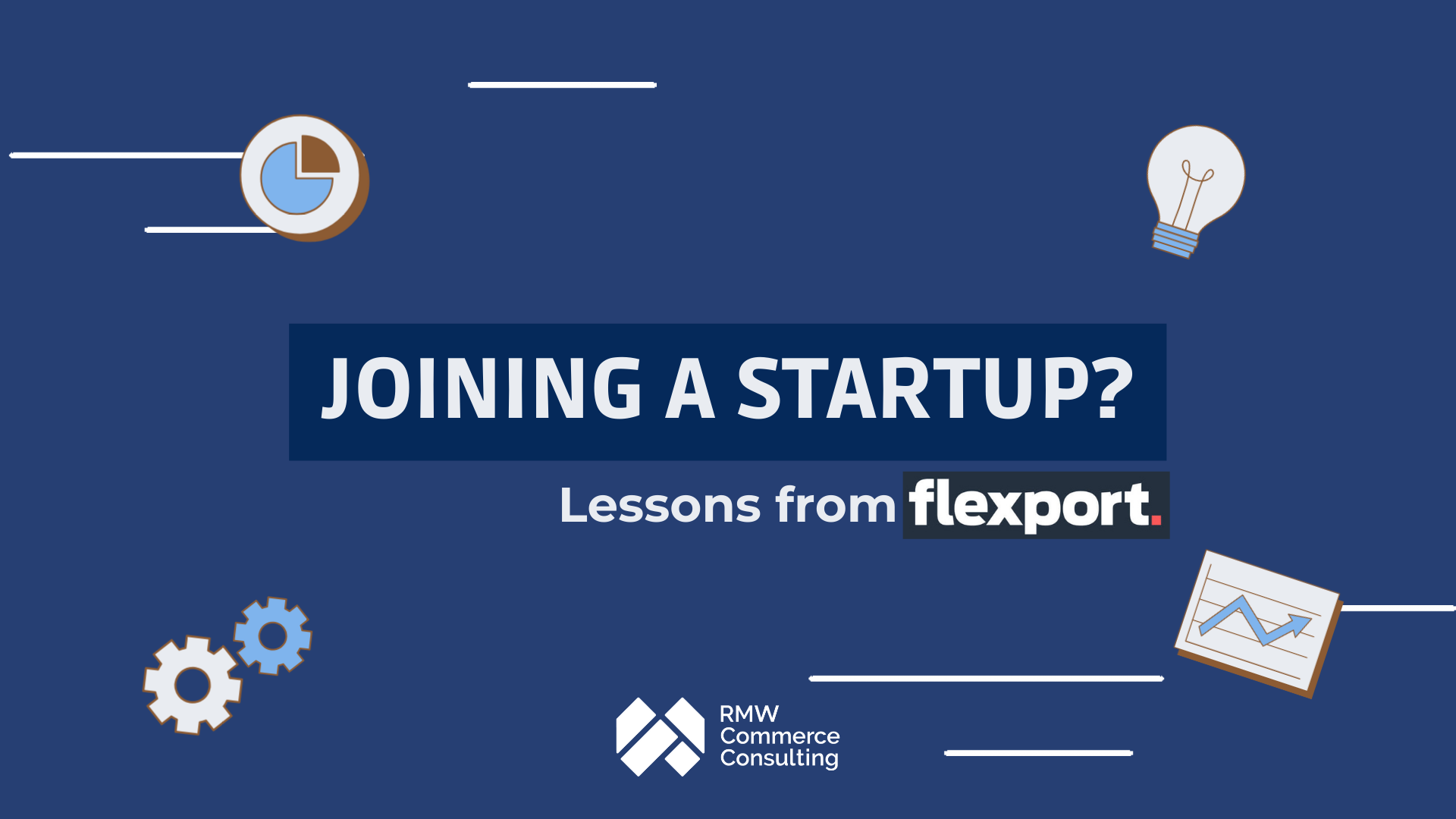Which Startup to Join? 4 Personal Tenets, and A Public Lesson From Flexport
Throughout my career, I have joined good and bad companies and startups and watched friends do the same. In the wake of Flexport CEO Dave Clark being forced out, and likely all of the friends he just hired in the past 6-9 months, I thought I would pass along some thoughts about joining startups.
What Should You Consider When Joining a Startup?
Most startups don't work out. It's OK. The ultimate job security is your skills and your reputation.
When young with limited responsibilities, it's always a good time to take a smart risk. When you're a bit older, you often need to think about more people than yourself.
Is Recruiting Friends to Join a Startup a Good Idea?
Consider carefully before recruiting your friends. Startups are a personal decision and require some measure of financial security because you can't be worried about the company going bust on any given week.
Your friend may not be in the same financial or family situation.
What Should You Evaluate Before Following a Friend to a Startup?
Consider carefully before following your friends, and always look 2-3 levels up the management chain to ensure you respect those people as well -- not just your friend.
a. Will your friend be your manager? Are you sure about that?
b. What do you think about your friend's manager as well?
c. Would you feel differently about joining the company if your friend left?
d. How long has your friend been there?
I would wait a minimum of a year before following your friend to the same startup -- that's how long it takes the honeymoon period to wear off. What your friend tells you in month 3 may not be the same in month 12.
If the company is a good company, the opportunity will likely be there for you in 12 months as well. The reason? If it's a great startup, the company is growing fast enough to be able to create seats for new employees.
What Should You Know About the Startup's Management Team and Investors?
Think carefully about the motivations of the management team and investors.
Has the founder already made their money? How much have they raised? What's the valuation? Is it likely to return any money to investors if the valuation declines?
Expert Consulting: How Will You Grow Your eCommerce Company?
When growth is elusive, I am an expert at asking incisive questions to surface the real issues and then present straightforward ideas that your team can actually implement.
Mistakes are expensive. They cost money, of course. What’s worse is the opportunity cost. I work with investors and management teams worldwide to help them get a handle on their digital business plans to execute a clear path forward.
For more on Consulting, you might also like:

